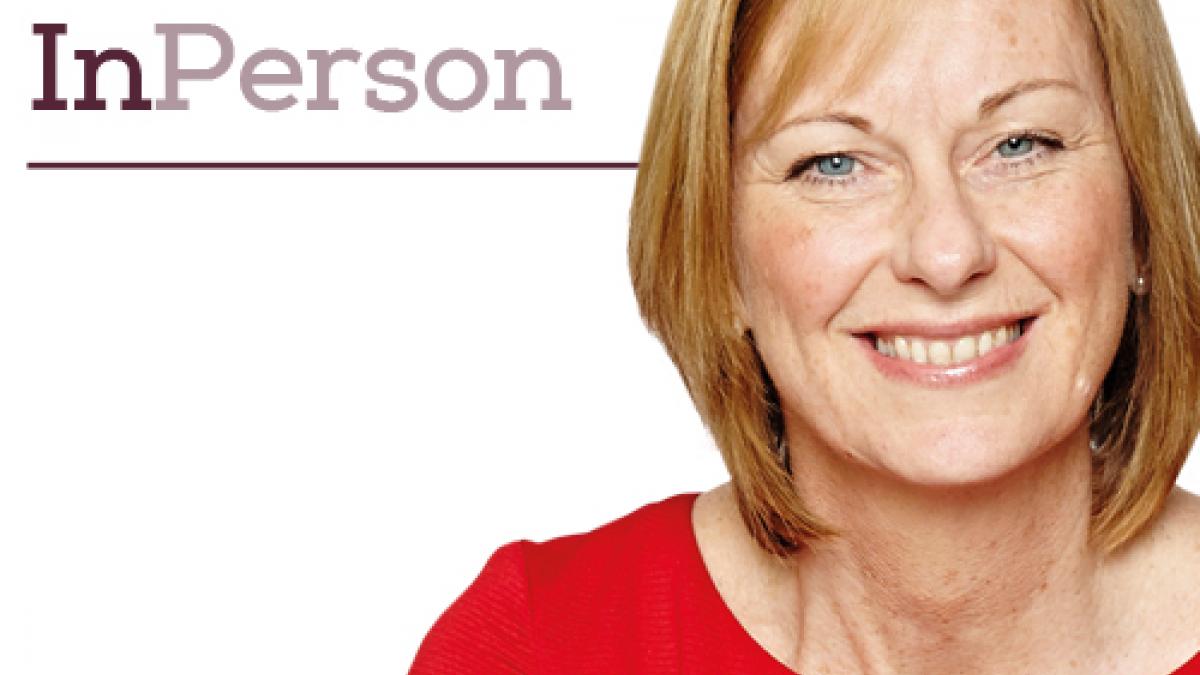CSP chief Karen Middleton welcomes endorsements for self-referral to physio in primary care.

The Health Select Committee (HSC) report on Primary Care in England and NHS England’s General Practice Forward View, published last month, are both very important documents for primary care in England and for physiotherapy.
Providing written evidence to a select committee, as we did, is relatively straightforward. But being invited to give oral evidence is what we all aim for. So how did we achieve that?
Roundtable event
The CSP started work on this last summer, preparing its written evidence and then developing a plan to receive an invite by the committee. We held a roundtable on primary care at the Conservative party conference in September and invited key influencers and a member of the HSC. We had prepared our narrative and evidence well for the discussion and invited two CSP members, Neil Langridge, a consultant physiotherapist from Hampshire, and Andrew Walton from Connect, to provide frontline examples of how physiotherapy can be the solution. One example, from AHP Suffolk, is described in this issue of Frontline (page 24).
The following week we received the invitation to attend the HSC in November. Preparation for my appearance was extensive and a team effort. We needed to make an impact, and we clearly did.
Then we simply had to wait for the report to come out. Except, of course, we haven’t just been waiting. We have continued to develop the tools to show the clinical and economic value of physiotherapy in primary care and we have continued to talk with key stakeholders about physiotherapy being the first contact practitioner in terms of musculoskeletal (MSK) care. We have been in conversation with NHS England about fitness for work and support for NHS staff, a passion of Simon Stevens, its CEO. And then there was the recent announcement of Commissioning Guidance for Rehabilitation which gave NHS staff access to physio by self-referral.
Now NHS England describes the solutions to the demand/ supply imbalance in primary care being a wider primary care team, including physiotherapists. And the Suffolk example is cited in the select committee report.
All in all, a successful campaign.
However, I know I will get three questions from members: ‘With the current workforce shortages, how on earth can we do more in primary care?’ ‘Why have you only focused on MSK care?’ and ‘Why such an emphasis on self-referral?’
First, we are unlikely to see any increase in training places unless we demonstrate how we can solve other people’s problems, the one here being primary care. We have to look at the resource we do have available and make difficult choices, while at the same time influencing locally those responsible for workforce planning to increase the number of training places.
Second, we have focused on MSK because this is where the greatest burden of disability lies and because it is easy for commissioners, GPs and the public to grasp. It’s also where we have most of our evidence. However, we have started to talk about the management of long-term conditions in general and self-referral as a route in too.
And last, why is self-referral so important? Well, this is what signifies our autonomy. It sends a message about our accountability and responsibility. And, even better than that, we know that a shift to self-referral as an access route means savings to the NHS, fewer prescriptions, better clinical outcomes and a faster return to work. It is a win-win for patients, clinicians, the system and the tax payer. fl
More information
Contact Karen: enquiries@csp.org.uk
Author
Karen Middleton CSP Chief Executive Officer
Number of subscribers: 1
